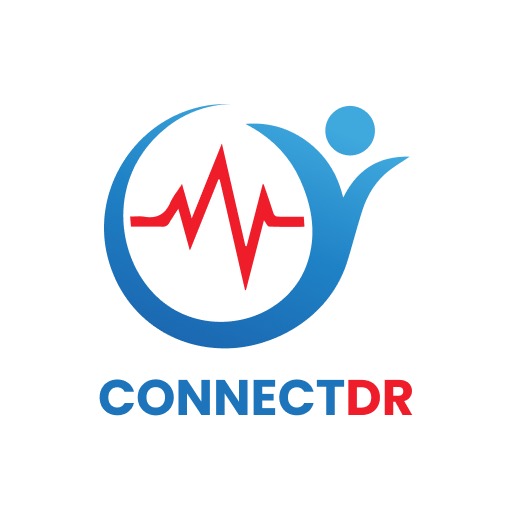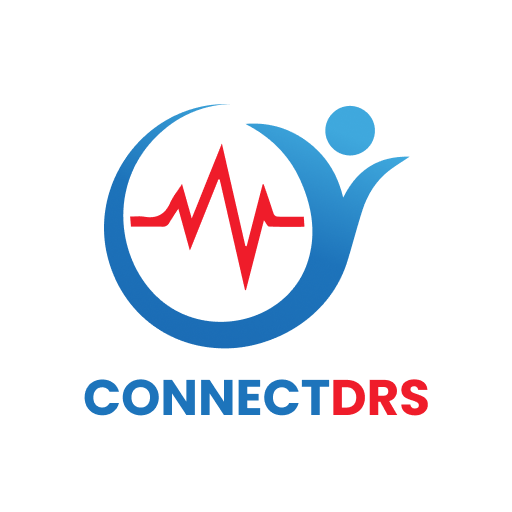
In today’s rapidly evolving healthcare landscape, small clinics often face stiff competition from large hospitals with vast resources. However, technology is leveling the playing field — particularly through virtual medical assistants (VMAs). These AI-powered solutions are revolutionizing how small clinics operate, allowing them to deliver efficient, patient-centered care comparable to big hospitals.
What Are Virtual Medical Assistants?
Virtual medical assistants are digital tools designed to support healthcare providers by automating routine administrative and clinical tasks. From scheduling appointments to managing patient records and providing follow-up reminders, VMAs streamline operations, reduce errors, and free up valuable time for healthcare professionals.
How Virtual Medical Assistants Empower Small Clinics
1. Improve Patient Engagement and Experience
Small clinics often struggle with limited staff to manage patient communication. VMAs handle appointment scheduling, send timely reminders, and provide instant responses to common patient queries, enhancing accessibility and convenience. This level of engagement builds trust and patient loyalty, helping clinics compete with larger institutions.
2. Optimize Administrative Efficiency
Administrative overhead can bog down small clinics. Virtual assistants automate repetitive tasks such as billing, insurance verification, and data entry, reducing the workload on staff. This efficiency allows clinics to focus more on patient care and less on paperwork, improving overall productivity.
3. Enhance Clinical Decision-Making
Modern VMAs are equipped with AI capabilities that assist healthcare providers by offering clinical decision support. They can flag potential drug interactions, suggest diagnostic tests, and help manage patient follow-ups, thereby improving care quality — a key competitive advantage.
4. Reduce Operational Costs
Hiring full-time administrative staff or investing in complex IT systems is expensive. Virtual medical assistants provide an affordable alternative, with scalable features tailored to the needs of small clinics. Reduced operational costs translate into better pricing and more accessible healthcare services.
5. Support Telemedicine and Remote Care
In an age where telemedicine is gaining momentum, VMAs integrate seamlessly with virtual consultation platforms. They manage patient intake, consent forms, and follow-up scheduling, enabling small clinics to offer convenient remote care options, rivaling the services of large hospitals.
Why Small Clinics Should Choose ConnectDrs’ Virtual Medical Assistant
At ConnectDrs.com, our virtual medical assistant solution is designed specifically to meet the unique challenges of small clinics. We offer:
-
Easy integration with existing clinic workflows
-
Customizable automation features
-
Secure, HIPAA-compliant platform
-
24/7 patient support capabilities
-
Affordable pricing plans
By leveraging ConnectDrs’ VMA, small clinics can boost efficiency, improve patient satisfaction, and confidently compete in the healthcare marketplace.
Conclusion
Virtual medical assistants are more than just a tech trend; they’re essential tools that empower small clinics to thrive alongside large hospitals. With ConnectDrs.com, small healthcare providers gain access to cutting-edge digital support that drives growth, enhances patient care, and streamlines operations — all crucial for competing in today’s healthcare environment.
Ready to empower your clinic with a virtual medical assistant? Visit ConnectDrs.com and discover how we can transform your practice today.


